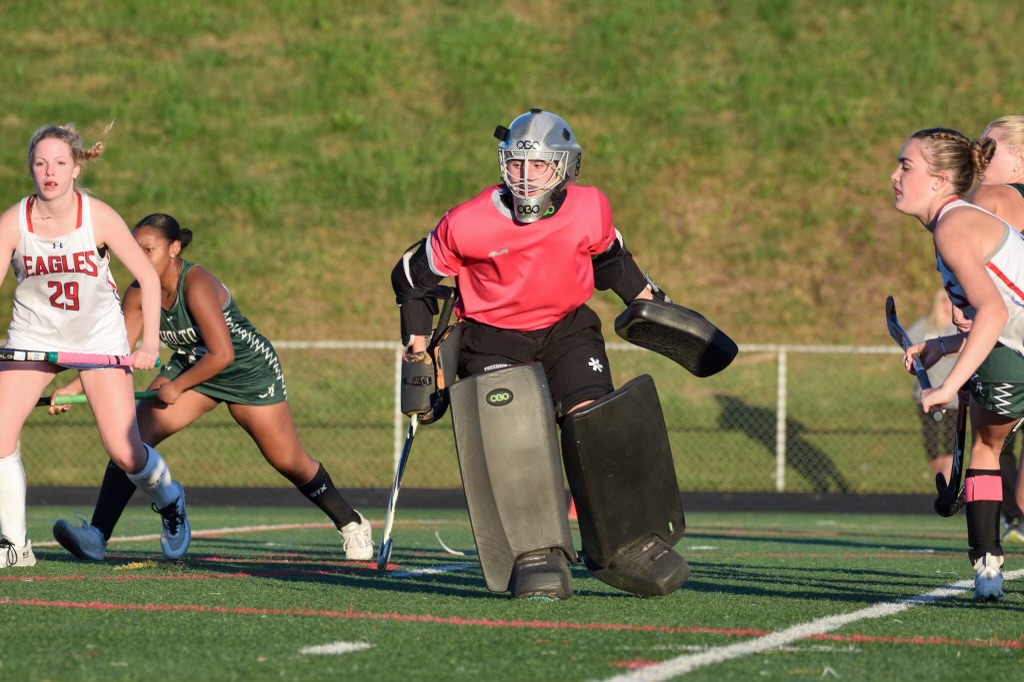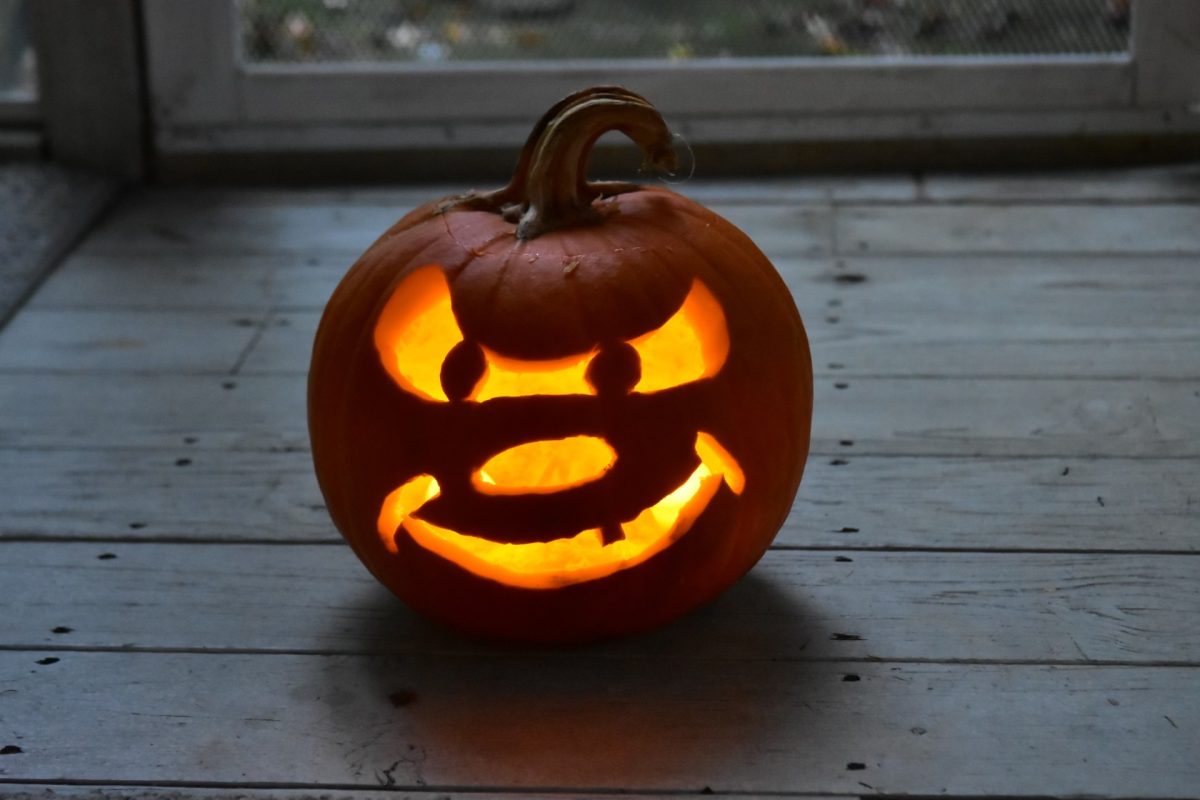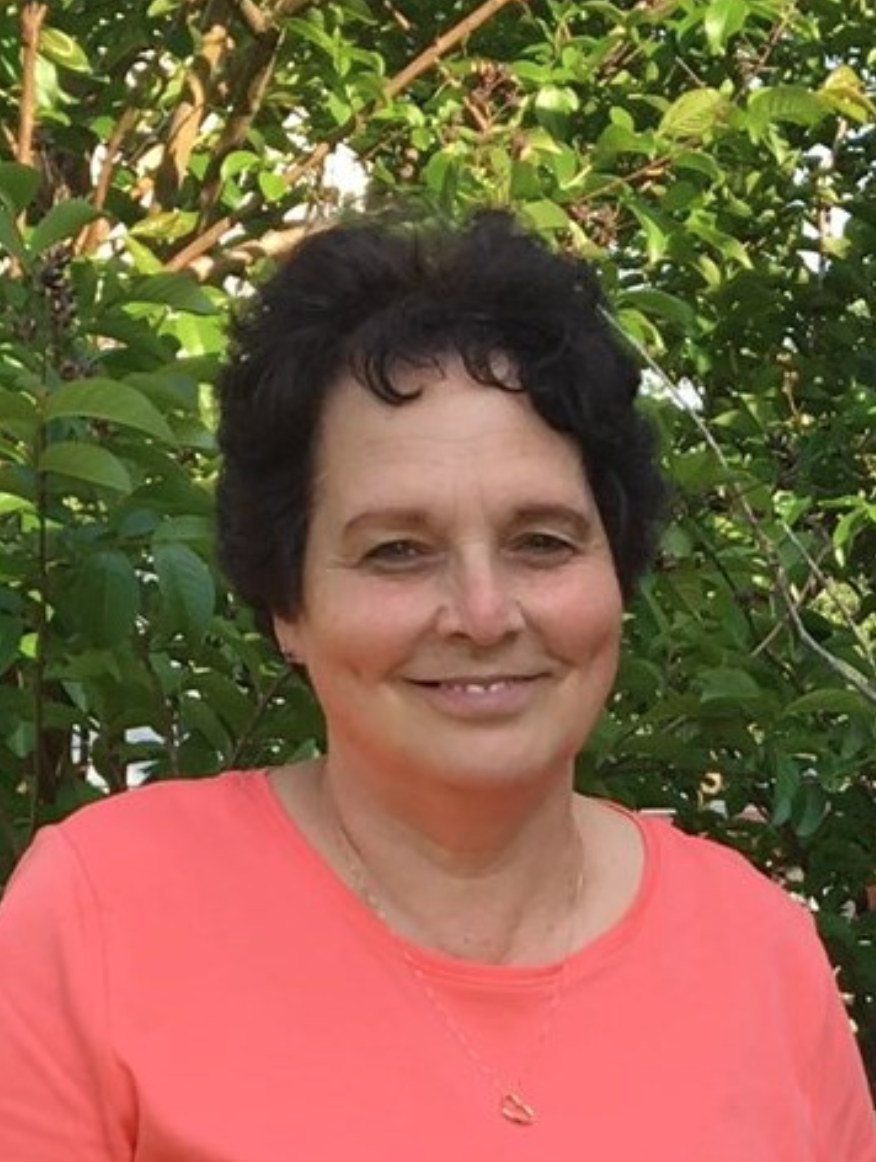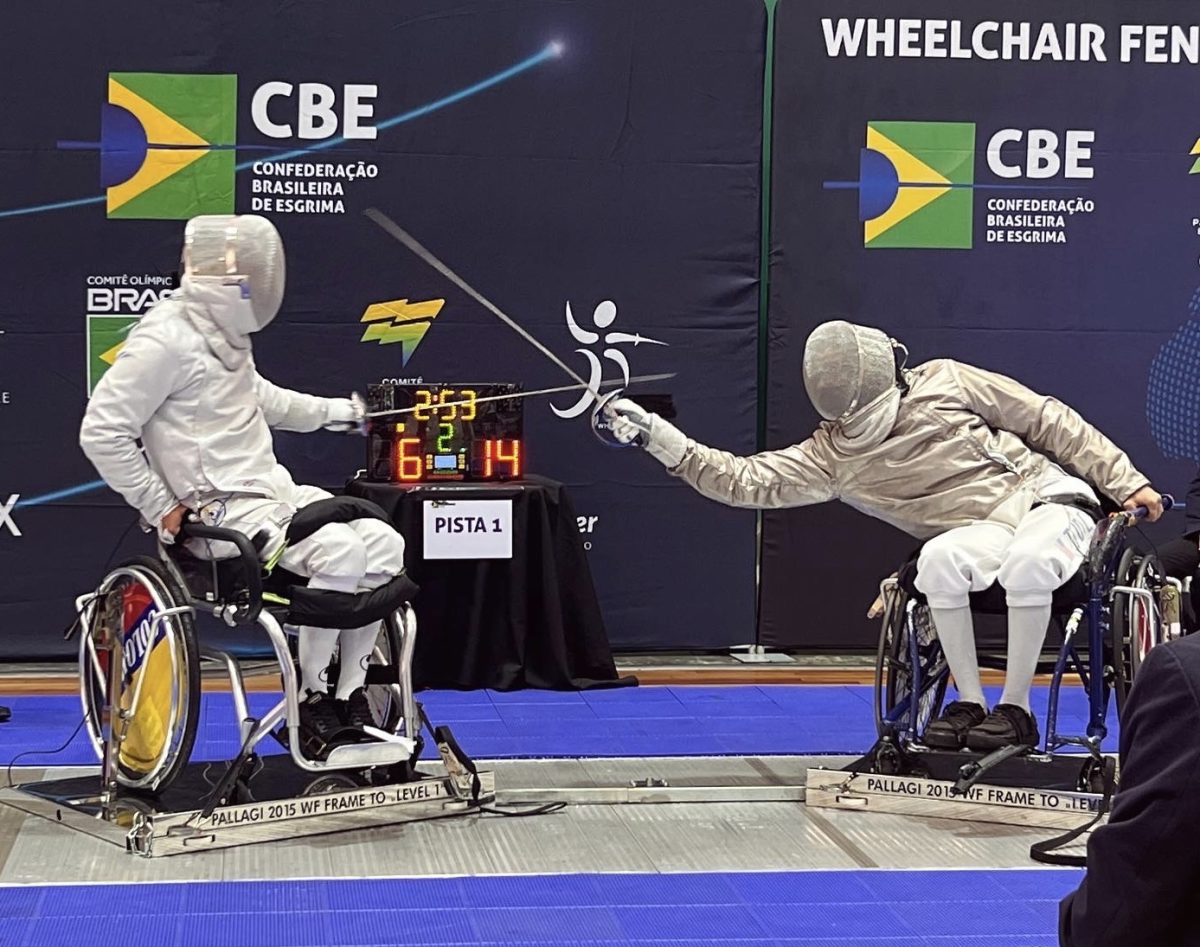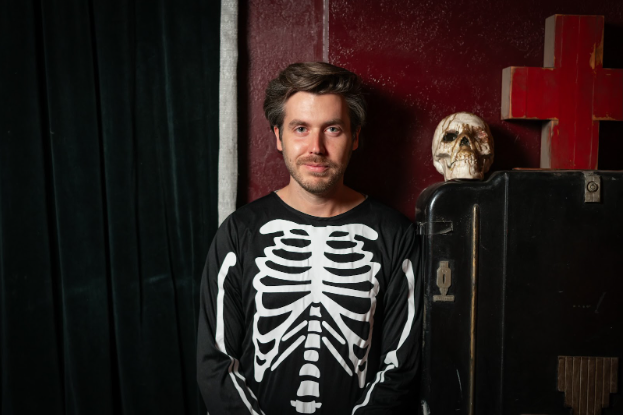Words: Diane Ijoma
At first glance, Alina Badamshina looks like your average Centennial student. She is a member of the Centennial Muslim Student Association, is enrolled in several AP classes, and was a part of the Centennial Winter Cheerleading Squad. However, a closer look, and the sound of her thick accent reveals that unlike most Centennial students, Badamshina is not a U.S. Citizen. In fact she is a native Russian and is a part of the Student Exchange Program, which allows for more students to briefly experience life in other countries. In doing this, the traveling students as well as their host families are able to encounter alternative perspectives they would not otherwise had the opportunity to have.
Many have heard of the crisis occurring involving Russia, the Ukraine, and a disputed section of Ukraine called Crimea. While most the Ukraine has expressed wishes to join the European Union, many would strongly prefer to have strong ties with Russia. Even though Crimea is technically a part of Southern Ukraine, most of its citizens identify themselves as Russian. Recently, Russian troops have invaded Crimea in an effort to take control. Simultaneously, Ukraine has taken its armed troops out of the region.
Though Badamshina, a native Russian, is aware of all the international development, she says she has felt most of the personal impact stemming from the economic strain the crisis has placed Russia under. Since the invasion of Crimea from Russia, many countries, including the United States, have placed Russia under sanction. “Because of the sanctions from other countries, when I want to pay money, I have to pay more.”
In her unique perspective, Badamshina is able to see Russian as well as the American sentiments in the dispute; what she sees a lot of, she said, is propaganda. “I believe that there is a lot of propaganda on both sides. I don’t know what to believe. I feel like there are two sides. Of course, Putin didn’t do the right thing [in sending troops to Crimea]. On the other hand, Crimea owes a lot of money to Russia, and now they want to be in the European Union.”
It is easy to forget that as Americans, we often have a detached view on the issues we find ourselves involved in. The troops are not in our backyard, the economic sanctions do not affect us, and many of us have no personal connection to the people of that region. However, Badamshina in a unique situation was able to offer her views. “It is very sad that this whole situation has happened. I know a lot of Ukrainian exchange students don’t like the situation. They don’t want the two countries to become enemies; they want to remain close.”
